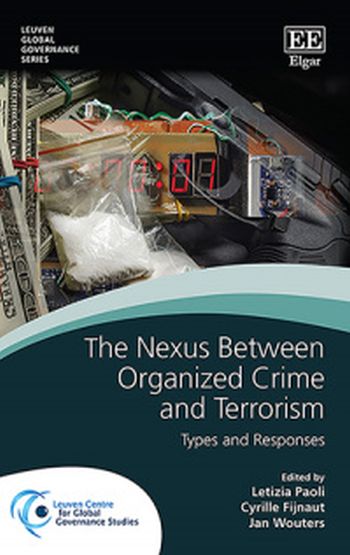We are now closed for the Christmas and New Year period, returning on Monday 5th January 2026. Orders placed during this time will be processed upon our return on 5th January.

In the post-9/11 era, the nexus between organized crime and terrorism has raised much concern and has been widely discussed in both academic and policy circles, but is still largely misunderstood. This critical book contributes innovatively to the debate by distinguishing three types of nexus—interaction, transformation/imitation and similarities—and identifying the promoting factors of each type.
With its multifaceted but complementary chapters, the book provides conceptual and theoretical frameworks for readers, as well as the evidence needed to develop more realistic, effective and humane policies to tackle organized crime, terrorism and the nexuses between them. Bringing together a range of international multidisciplinary specialists, it includes three comparative analyses of worldwide transfers of personnel, weapons and money between organized crime and terrorism and 12 case studies examining local manifestations of the nexus in Africa, Asia, Europe and the Americas. Two other chapters further review the national, European and international policies adopted and implemented so far to deal with the different nexuses.
This book will be a valuable resource for researchers and policymakers in the fields of comparative law, criminal law and justice and public policy, who specialise in organised crime and terrorism and their control. It will also appeal to senior law enforcement officials and practitioners due to the counterintuitive policy implications drawn from the comparative analysis of the findings.